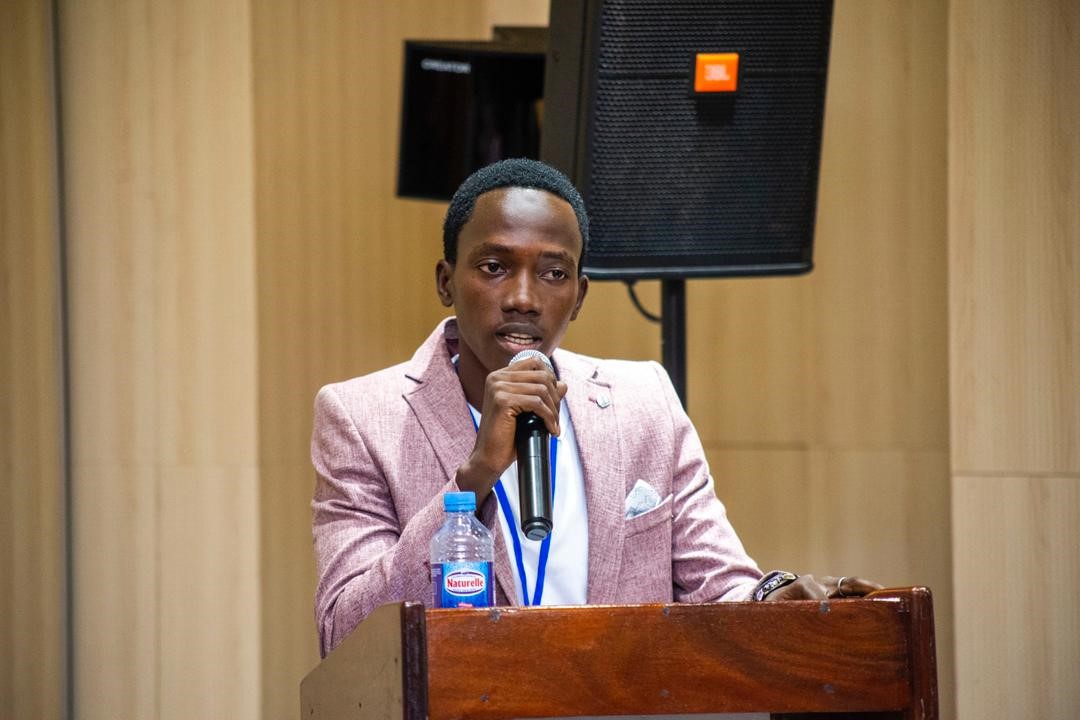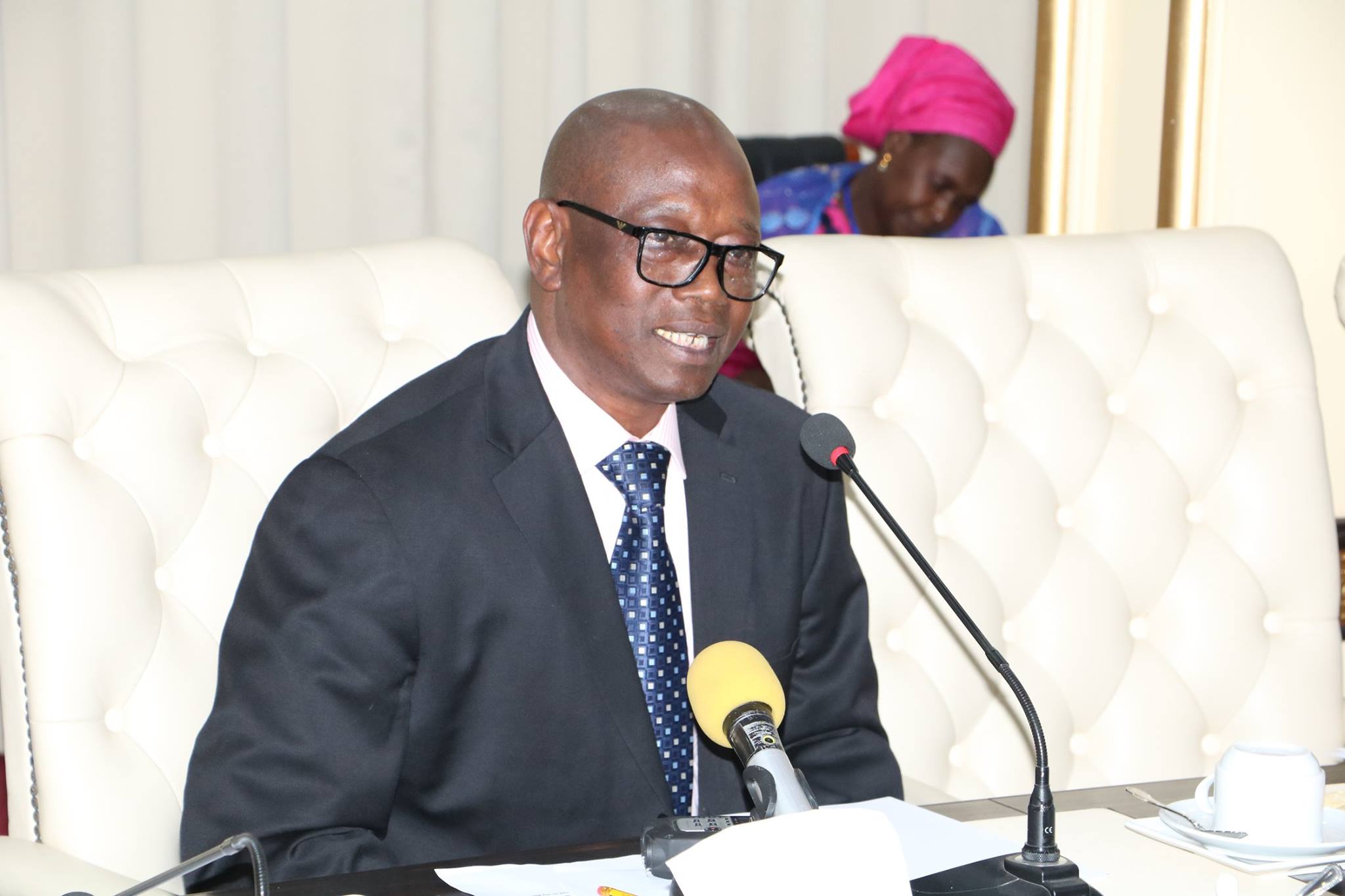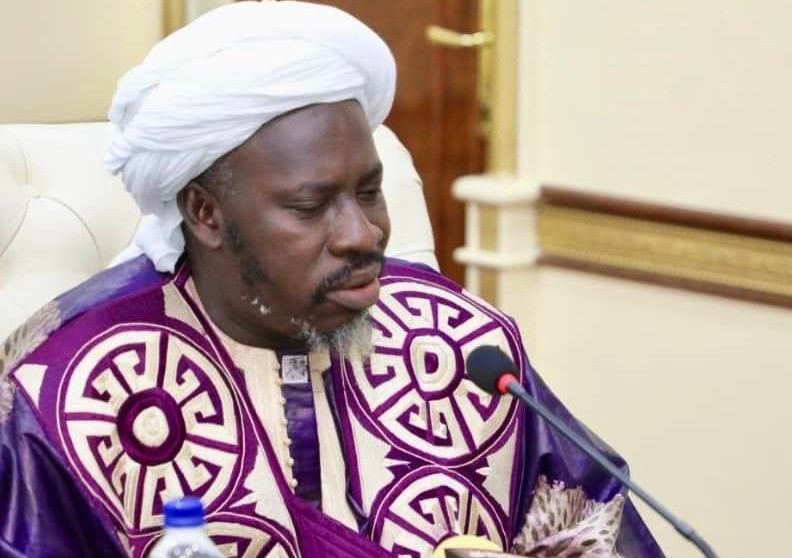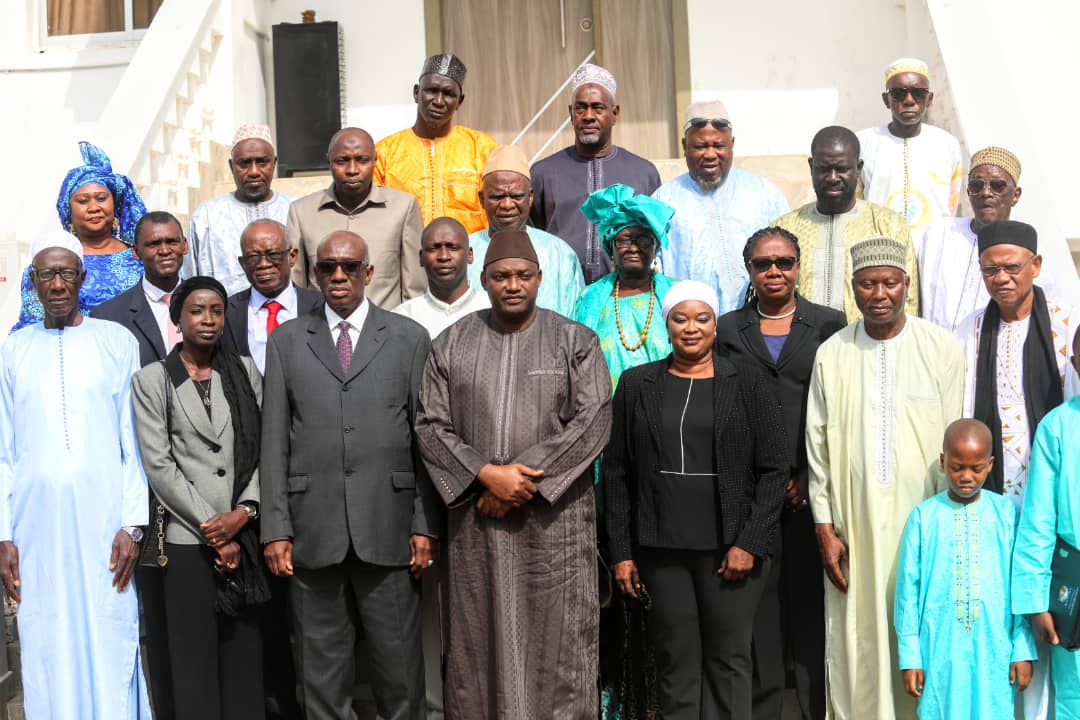By Betty Ceesay
Mr. Muhammed Coker, a young Gambian aspiring social entrepreneur has launched himself into an entrepreneurial adventure to aid young SMEs in the Gambia.
Delving into the background of what gave birth to the entrepreneurial adventure, Mr Coker referred to the statement once made by the Minister of Trade who said ‘SMEs represent a vast majority of enterprises constituting about 20% of the country’s gross domestic progress (GDP) and employing approximately 60 percent of the urban labor force.’ Moreover, they constitute a crucial source of work for Gambian youths who own more than 40 percent of SMEs in the country. SMEs and scale of business play a crucial part in the employment, production, and generation of revenue in the Gambia.
According to Mr. Coker, the founder of this movement, The impact of the SMEs, the business sector in particular is beyond wage creation. They generate employment for poor low skilled workers, increase skill development, and have a wider progressive external scale to better access to health care and education. Most SMEs and skilled workers have reached their peak and cannot go any further.
As a young passionate Gambian and aspiring social entrepreneur, he realised the above and came up with a solution to remedy the situation. While it is true that the growth potential of this sector continues to be inhibited by a lack of adequate market access, he said insufficient technology, has made this situation worst. But noted that it is a huge challenge for young people in business and is what gave birth to the entrepreneurial adventure (TEA)
According to him, the entrepreneurial adventure is a start-up initiation that seeks to support young and aspiring entrepreneurs to excel through this initiative. Also to provide them with the opportunity to develop themselves with new routes to businesses that is new innovative ideas to scale, access to emerging global markets, and also a conducive business environment vis-a-vis technology thereby enabling them to scale.
Initially, he said, the TEA started with videos providing virtual technical support to reach a wider audience. The goal of the video is to influence viewers to develop competence, commitment, and creativity to generate ideas enhance potential skills, be interested and boost their engagements to enable them to transform dreams into reality.
The vision of the TEA he said, is to build a conducive environment for entrepreneurs to engage in the use of technology in solving problems that they face.
The mission of this movement as explained by Mr. Coker is to encourage investment in technology for SMEs to provide opportunities for SMEs to develop new innovative approaches to scale, to also promote collaboration among stakeholders in trade geared toward solving problems that SMEs face, and also promote youth entrepreneurship in the Gambia.
Mr Coker explained the Major challenge they’re facing which is the lack of finance. Thus it is a start-up initiative, lack of finance has been the greatest challenge they’re facing and so he said, “we are open to partnership with every other institution that wants to work towards the same agenda. That’s to work towards entrepreneurship and helping these entrepreneurs to go beyond the periphery of the Gambia and beyond to reach the emerging global market opportunities that will enable them further scale”.
Mr. Coker said that this is the movement of the TEA and as they speak they are trying to stage projects because they are not in that particular stage of operating as a social entrepreneurship ecosystem and as a result started with videos to get the audience and the goal of that is to influence the viewers to watch and develop their competence.
“We are working towards projects that would provide entrepreneurs with the opportunity to witness one of the most important summits that are going to be centered on the theme: embracing technology for the development of SMEs in the Gambia,” he disclosed. There is going to be a good number of experts from various donor agencies, government, and so forth to come up with ways to solve this problem for some.
In conclusion, Mr. Coker said, the intention of supporting young entrepreneurs is to provide not only a number of them but potential, passionate and successful entrepreneurs with the technical support that they need to grow their various businesses





